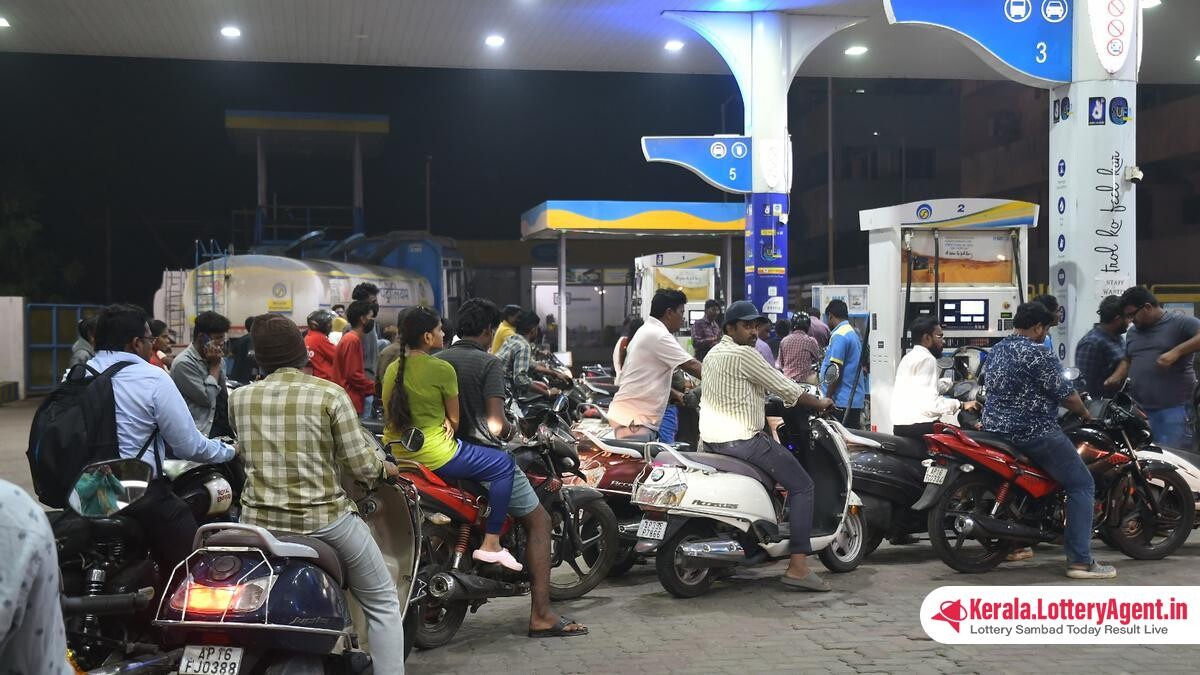
In the heat of electoral proceedings, petroleum dealers associated with the leading oil marketing companies in the country have reached out to the Election Commission of India (ECI) with a specific request. The need for uninterrupted cash flow to banks has become a pressing matter for these traders, who are urging the ECI to grant them permission to deposit the cash accrued from daily fuel sales without facing roadblocks. Their concern was formally expressed in a communication to the Chief Election Commissioner dated April 8.
This measure, the Consortium of Indian Petroleum Dealers emphasizes, is to prevent any possibility of cash confiscation by monitoring squads. Such events could lead to dire consequences, including halted supplies from oil companies, they warn. This scenario paints a worrying picture of potential fuel shortages at petrol stations, which would inevitably cause significant distress to consumers, according to the organization’s President Uday Lodh and General Secretary K. Suresh Kumar.
The crux of the problem lies in the implementation of the Model Code of Conduct, which is in effect due to the ongoing elections. The code has inadvertently created a complex situation for petroleum dealers, who predominantly conduct their business in cash — daily transactions frequently fall in the bracket of ₹2 lakh to ₹10 lakh. “This amount is transferred by us every day to the bank and overnight to our homes, to ensure safety,” the petroleum dealer leaders mentioned, emphasizing on the routine nature of these transactions.
It is in this backdrop that the CIPD has sought the intervention of the Election Commission, to create a trouble-free environment for their business and establish a clear mechanism that will allow them to deposit their cash earnings into their respective banks without any hitches.
The predicament facing petroleum dealers is not an isolated case. The Model Code of Conduct has cast a wide net, affecting various trades due to its stringent oversight on cash movements. Even when business owners present valid documentation, the complaints persist that their funds are being seized.
The scrutiny isn’t restricted to cash alone; the movement of gold has also come into focus. World Gold Council’s Regional CEO for India, Sachin Jain, in a statement released on the same day, drew attention to the ramped-up oversight owing to the general elections. He coupled his observation with insights into the current gold market, which has seen gold surge to a historic high of ₹71,000 per 10 grams within the nation. This price spike has led to a stagnant demand for jewelry in both rural and urban markets, as reported by retailers.
Nevertheless, Jain remained optimistic about an increase in consumer purchases of gold due to the commencement of several festive occasions, such as Gudi Padwa, Ugadi, Chaitra Navratri, and Ramzan Eid. In his remarks, he noted a surge in consumer interest and advance bookings corresponding with these celebrations.
Jain, however, tempered his predictions with caution, forecasting that apart from these festive spikes, the demand for gold jewelry might continue to remain low for a considerable part of the second quarter, even with the possibility of price moderation. Concurrently, he proposed that the high gold prices could spur investment into alternative gold-related financial products and digital platforms.
The dealers’ outreach to the ECI highlights an intricate facet of the electoral process, where the regulations designed to ensure fair play inadvertently impact the day-to-day functions of commerce. As the dialogue between the business community and electoral authorities progresses, there remains a delicate balancing act between maintaining the integrity of the electoral process and accommodating the operational necessities of the nation’s traders.












